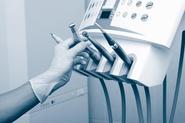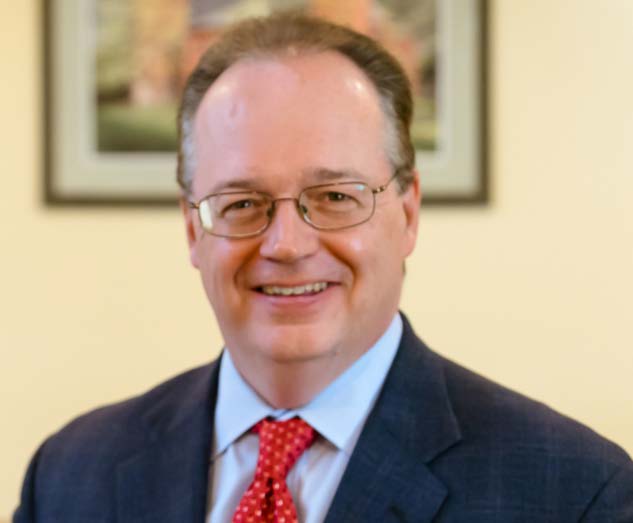 The New York Medicaid program paid dentists for fillings and root canals supposedly performed on 465 patients who had no teeth. This is just one of three types of dental fraud identified by the New York State Office of Medicaid Inspector General in a recent report. The New York Medicaid fraud investigation also uncovered double billing for dental services provided to patients who live in skilled nursing facilities. Medicaid pays nursing homes a set fee for the dental care of patients in skilled nursing facilities, and the nursing homes are supposed to pay the dentists. The report found, however, that dentists had billed Medicaid directly for services provided to almost 2,000 residents of skilled nursing facilities. This resulted in Medicaid paying twice for the same services – once when the nursing home was paid, and again when the dentist was paid directly. The third type of dental fraud identified in the report involved referrals. All patient referrals must be documented properly to avoid situations where dentists are referring patients to themselves. The investigation found, however, that 75,392 patient referrals took place without the necessary documentation. New York and other states are becoming increasingly sophisticated when it comes to identifying and prosecuting dental fraud. For example, the New York Medicaid Inspector General is now using a sophisticated data matching review across data sets to identify possible instances of fraud. In other words, claims submitted by dentists are being compared to beneficiary and other records. The Medicaid Inspector General also coordinates with two other agencies devoted to investigating and prosecuting Medicaid fraud. The Medicaid Fraud Control Unit in the Attorney General’s office has teams of auditors, investigators, and lawyers in offices throughout the state. New York City has its own Office of Medicaid Provider Fraud and Abuse Investigations at 250 Church Street in Manhattan. If you are contacted by any of these offices, then you should consult an experienced Medicaid fraud attorney immediately. Medicaid fraud penalties can be severe. You could be ordered to pay three times the amount Medicaid paid plus a penalty of up to $11,000 for each claim. You could be excluded from participating in Medicare and Medicaid. You could even lose your license and go to prison. When you receive a call, letter, or visit from one of these investigative agencies, it means that the investigators have already gathered evidence against you. Anything you say or do will be used against you in their investigation and, possibly, in court. Do not try to handle this on your own. Get an experienced Medicaid fraud attorney on your side. To arrange a consultation with an experienced Medicaid fraud attorney, call John Howley, Esq. at (212) 601-2728 or click here to reach our office via email. John Howley, Esq. The information you obtain at this site is not, nor is it intended to be, legal advice. You should consult an attorney for advice regarding your individual situation. I invite you to contact our law offices and welcome your calls, letters and electronic mail. Contacting us does not create an attorney-client relationship. Please do not send any confidential information to us until such time as an attorney-client relationship has been established. I practice law and offer legal services only in jurisdictions where I am properly authorized to do so. I do not seek to represent anyone in any jurisdiction where this web site does not comply with applicable laws and bar rules.
0 Comments
Your comment will be posted after it is approved.
Leave a Reply. |
John Howley, Esq.
(212) 601-2728 |
